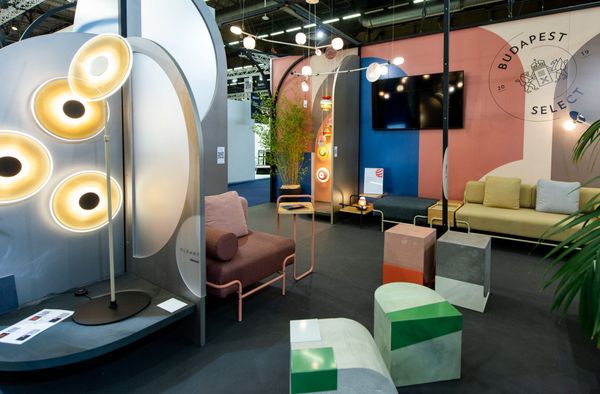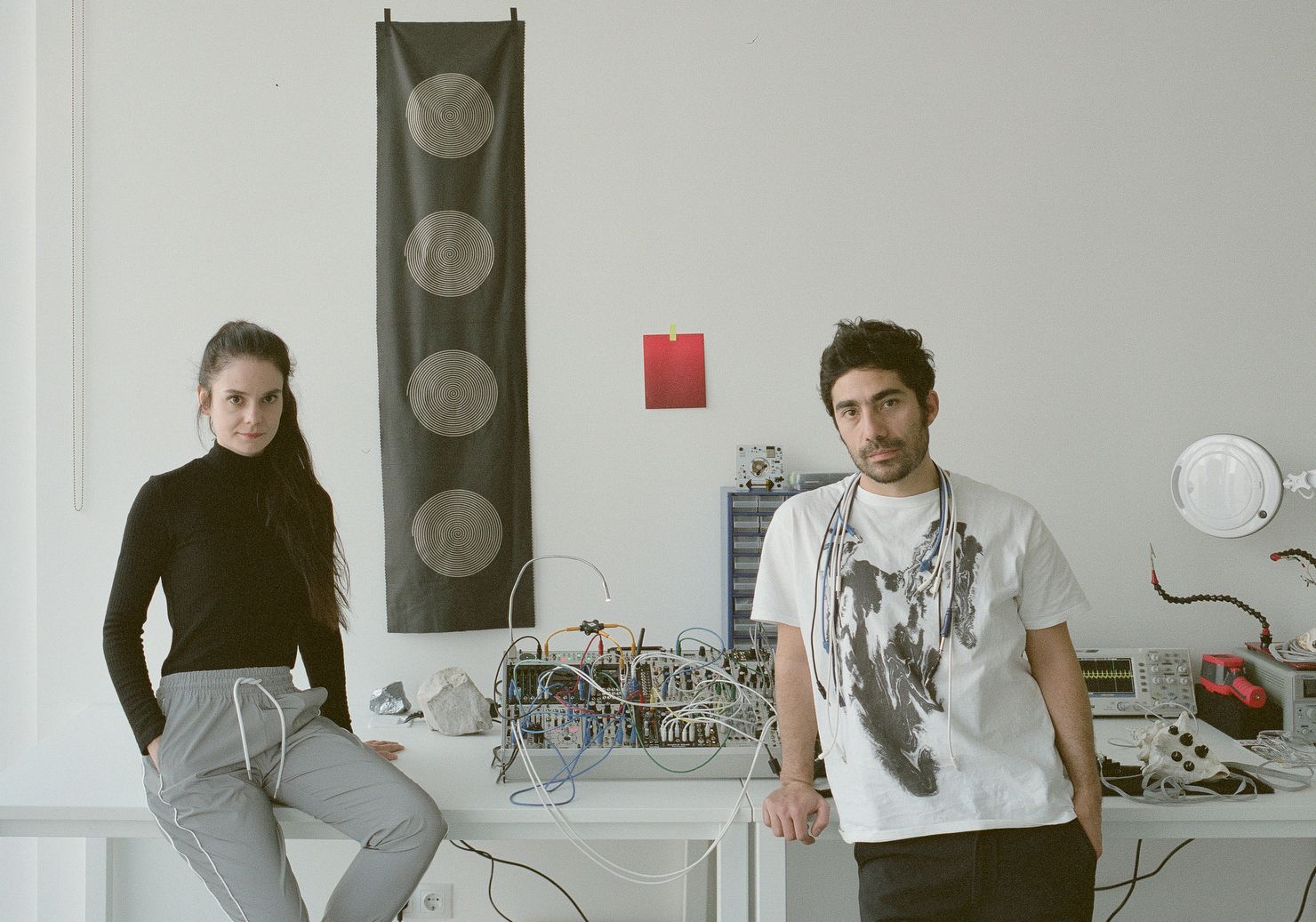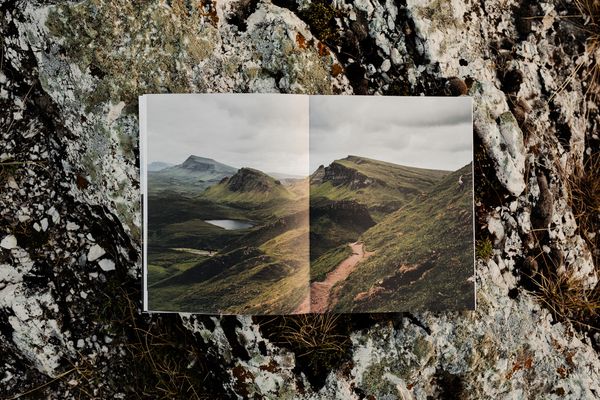We could already encounter the special sound, textile and space-specific installations of Judit Eszter Kárpáti and Esteban de la Torre, the creators of EJTECH, in exhibition spaces, chapels and festivals in Hungary and abroad. Their techno-spiritualism has caught the attention of the art scene, but also of the film and commercial world—they have worked with Dior and their installations appear in the film Blade Runner 2049. Judit focuses rather on textile, while Esteban on sound, with the intersection being where the most exciting works are created. They are both meticulous and bold experimenters who want to make the most out of each other.
FIRST ENCOUNTER
Judit, Esteban: We met at MOME while both of us were studying there. Our first piece as an artist duo was called OchoTonos and was funded by and presented at Kitchen Budapest. Our first exhibited interactive textile installation. As a first, of course, it was a monumental challenge. If today working soft interfaces are still intricate to create, and the knowledge of this how-to is pretty niche, a couple of years ago it was an absolutely occult artform. We definitely enjoyed the challenge and realized we had tapped into what came to be a foundational pillar in our future practice.
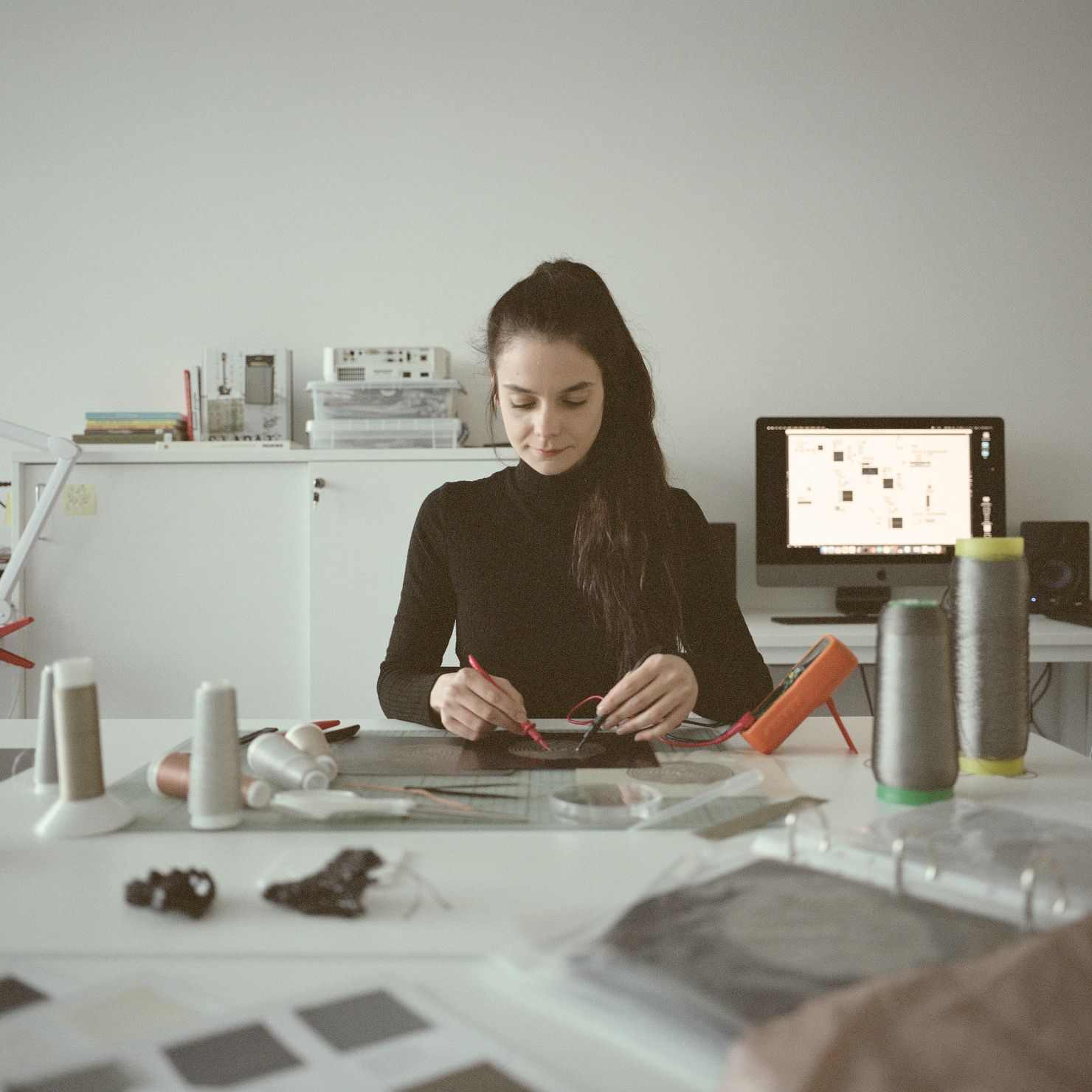
CREATION
Judit: Our multidimensional creative process unites different areas. I deal with the material research, hybrid materiality, textile art side, and Esteban works with sound, media and electronics, but those borders are blurred during the artistic research and creative work. We work in a transdisciplinary mode, organically overlapping our knowledge and knowhow. Also, I’d have to say we are pretty much addicted to working, as in our case “working” is more of a way of life. The process behind a final artwork is long, iterative and very much based on a lot of experimentation via trial and error. We very much enjoy this.
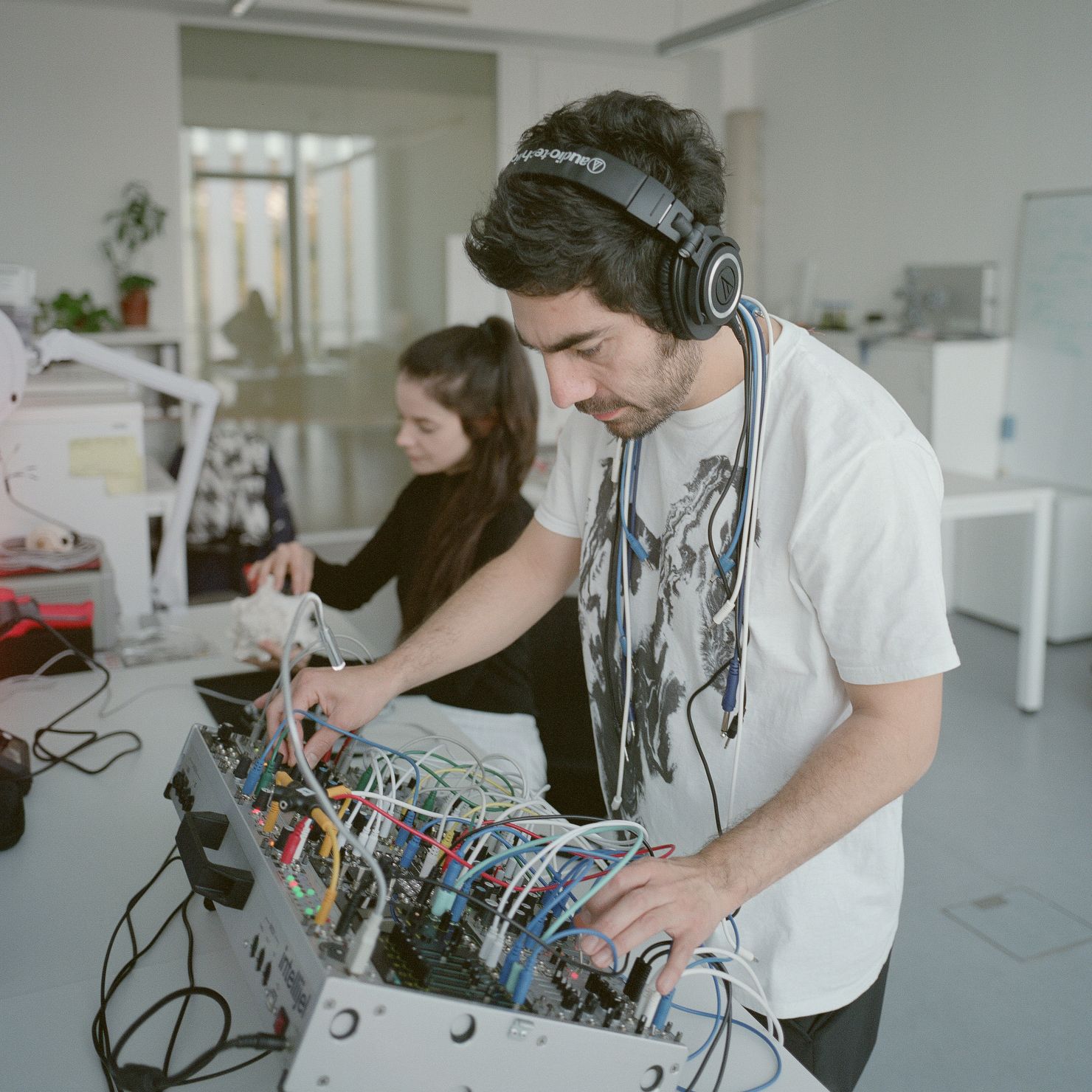
We work at the EJTECH studio which is fit for prototyping, as well as at MOME-IK, where we also conduct our research as Soft Interfaces Lab, within the Creative Tech Hub. Sometimes, once a piece starts finding its final form and requires a huge space, we might need to find a solution to set it up and test it on a 1:1 scale. You cannot maquette a multichannel textile sound system due to the spatial qualities of sound. This sometimes can be challenging and it really varies from work to work.
INSPIRATION
Judit: Plenty of things inspire me. New places and people, meaningful late-night talks. To me, inspiration feels like a fire inside that keeps us floating all the time.
Esteban: I consider our work a tool or a sort of gate, rather than a finalized fixed art object. Therefore I find inspiration in the process I would like to incite in ourselves, and others. Also conch shells.
ACKNOWLEDGEMENT AND CRITICS
Esteban: I think we are definitely critical of each other’s work and push each other into upping the game. This is as important, as having a healthy dose of self-critique, motivating oneself to keep evolving and not get stagnant in comfort.
Judit: Also I think it’s always important to find the time to stop, enjoy and appreciate others’ work. This is the flip side or balance of having a healthy workflow which leads to becoming more daring, and confident, aiming to create without boundaries.
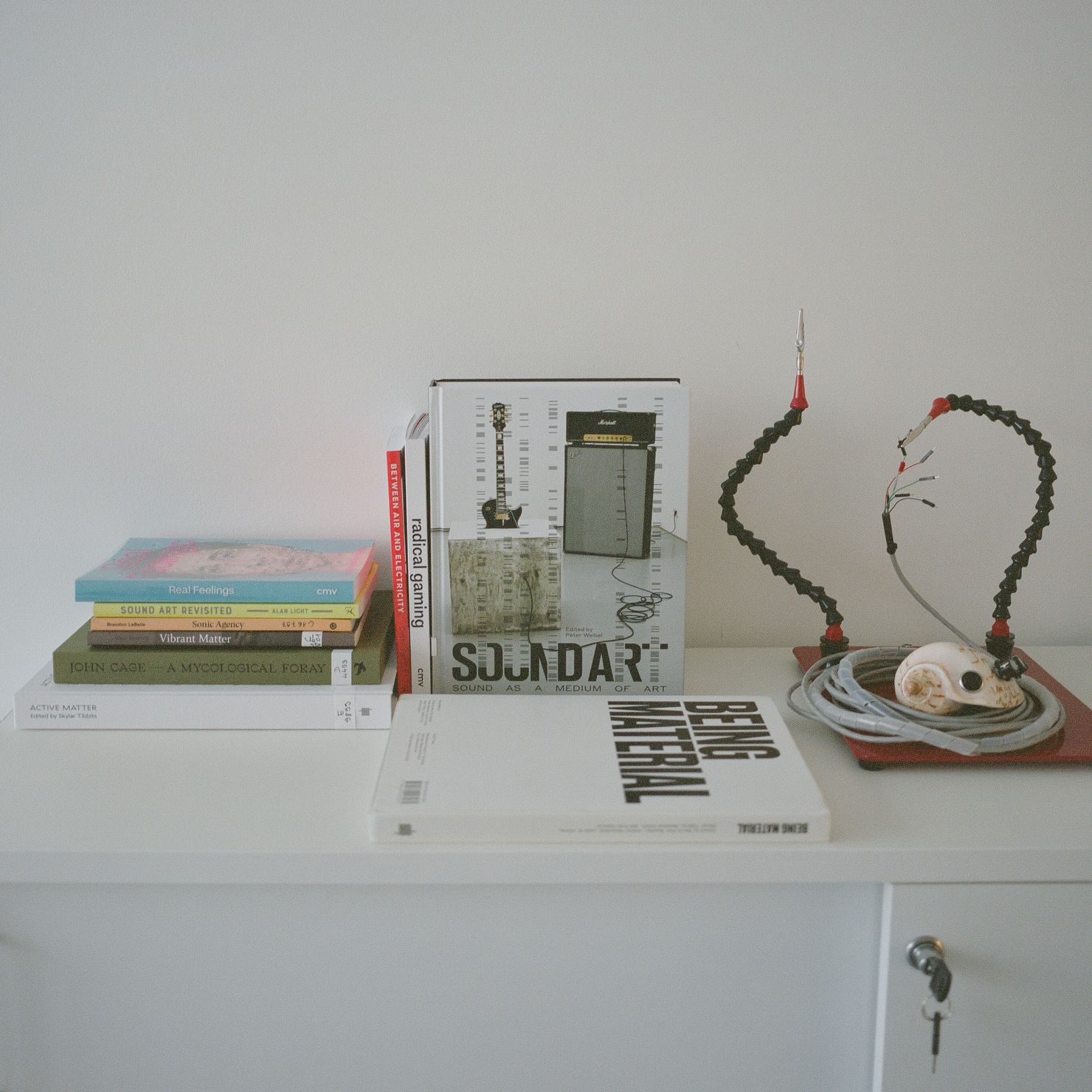
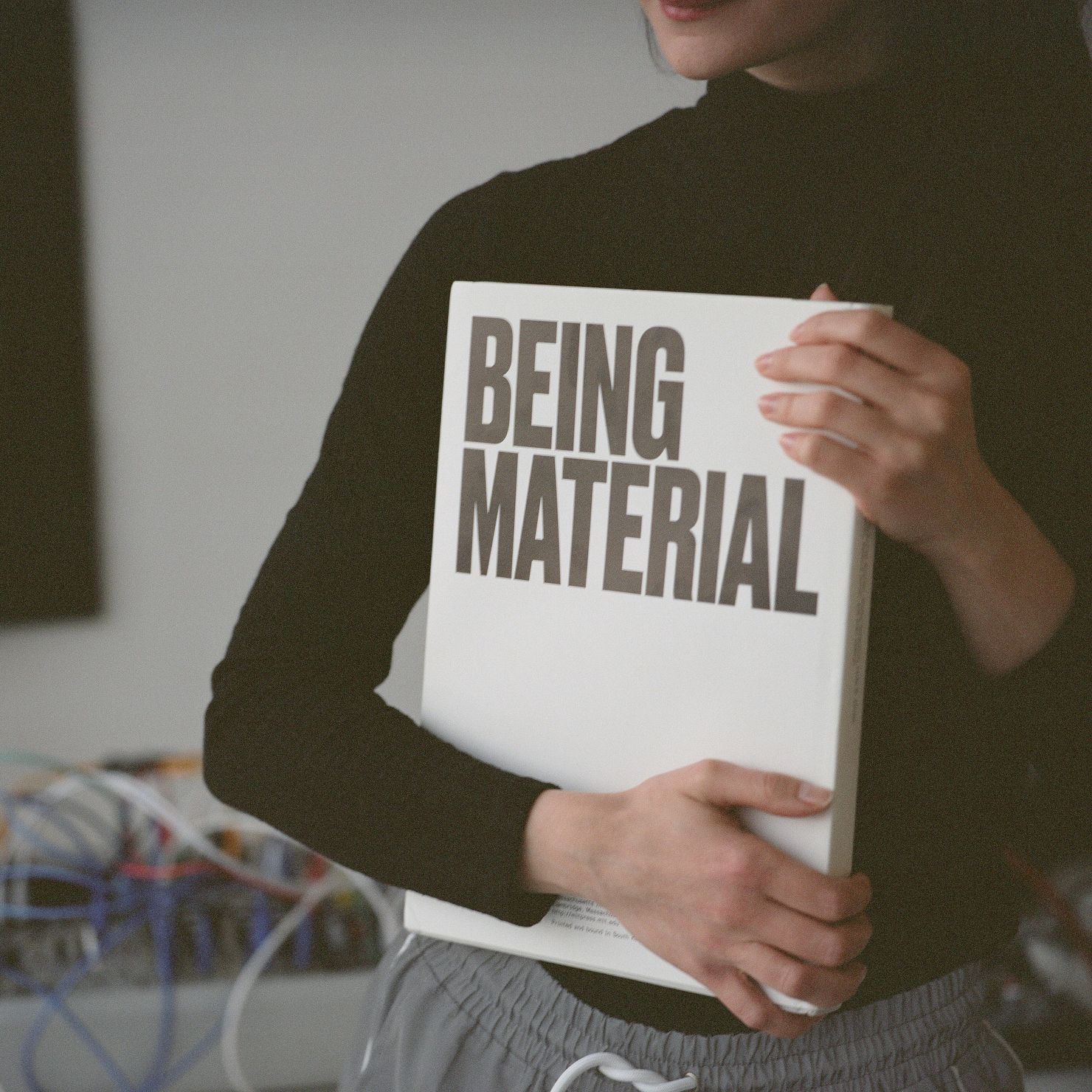
COMMON DREAM
Judit, Esteban: EJTECH is the common dream and we feel lucky to be living it. It is pretty fresh still, we started our studio a little over 6 years ago, but it is taking us to places we didn’t think of, and introducing us to people we never would have thought we’d meet or work with.
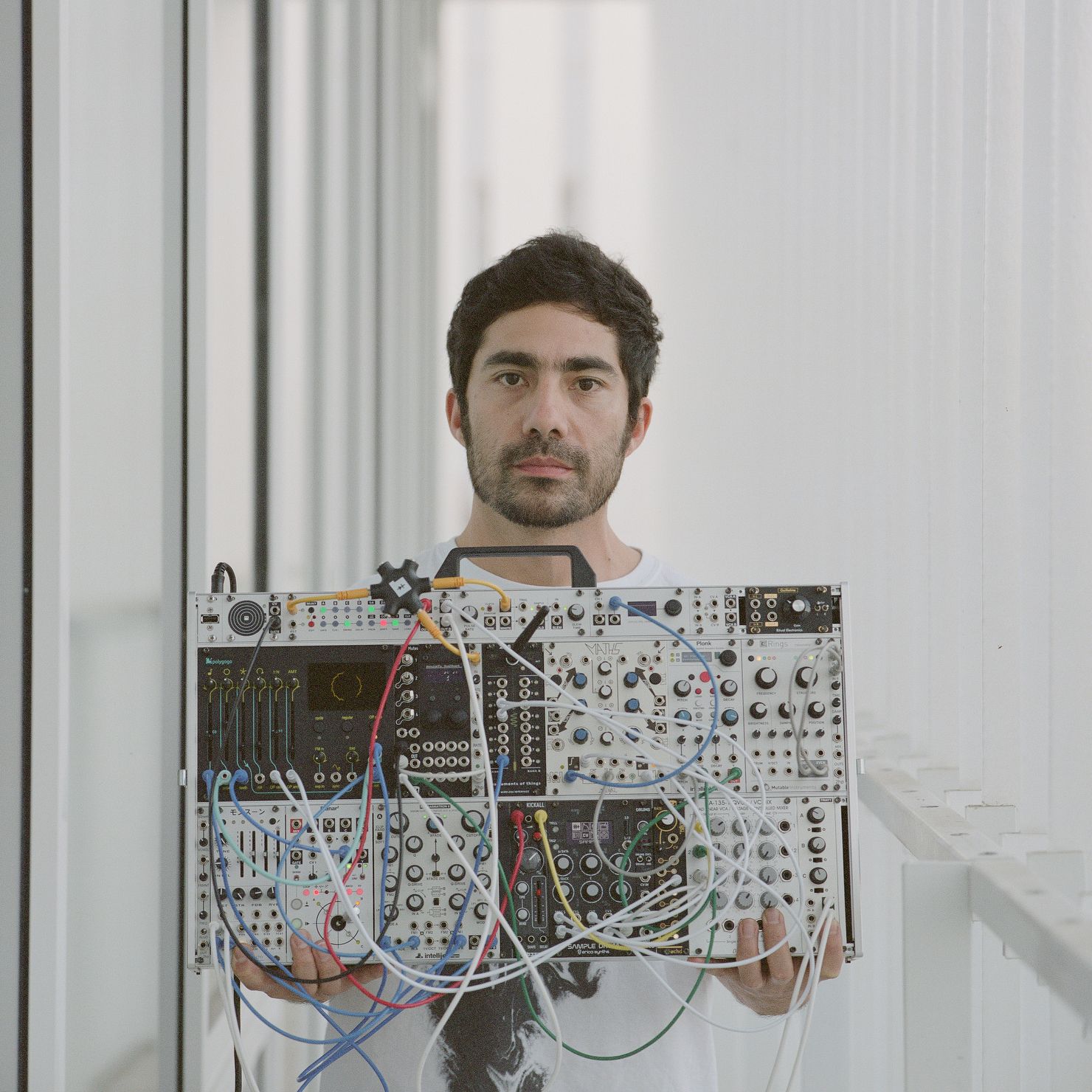
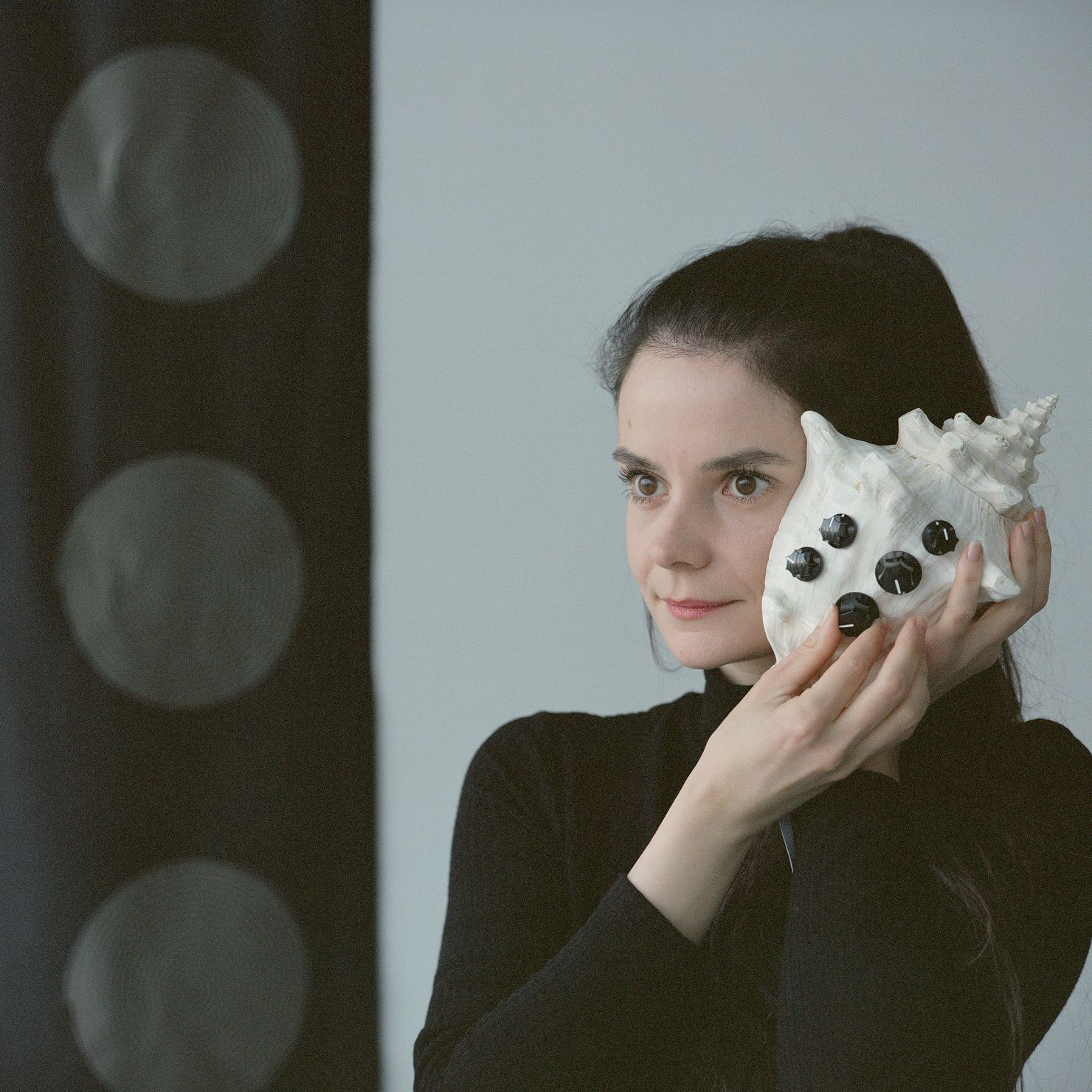
FAVOURITE STORY
Judit: One of my favorites is definitely arriving at Rue de Marignan to discuss our collaboration with Dior.
Esteban: Playing at LOM in Bratislava, or setting up our sound system in a chapel for Rewire in The Hague. Also maybe when they called us for a meeting to create specialized props in a movie. They were pretty secretive about the whole stuff and during the briefing “Blade Runner style” came up a couple of times. I told them they shouldn’t try to copy an uncopyable masterpiece and develop their own style,… or hire Ridley Scott. To which they replied, “He is producing this. This will be the sequel to the original feature film…” Two weeks later I was showing prototypes to legend Roger Deakins and Denis Villeneuve.
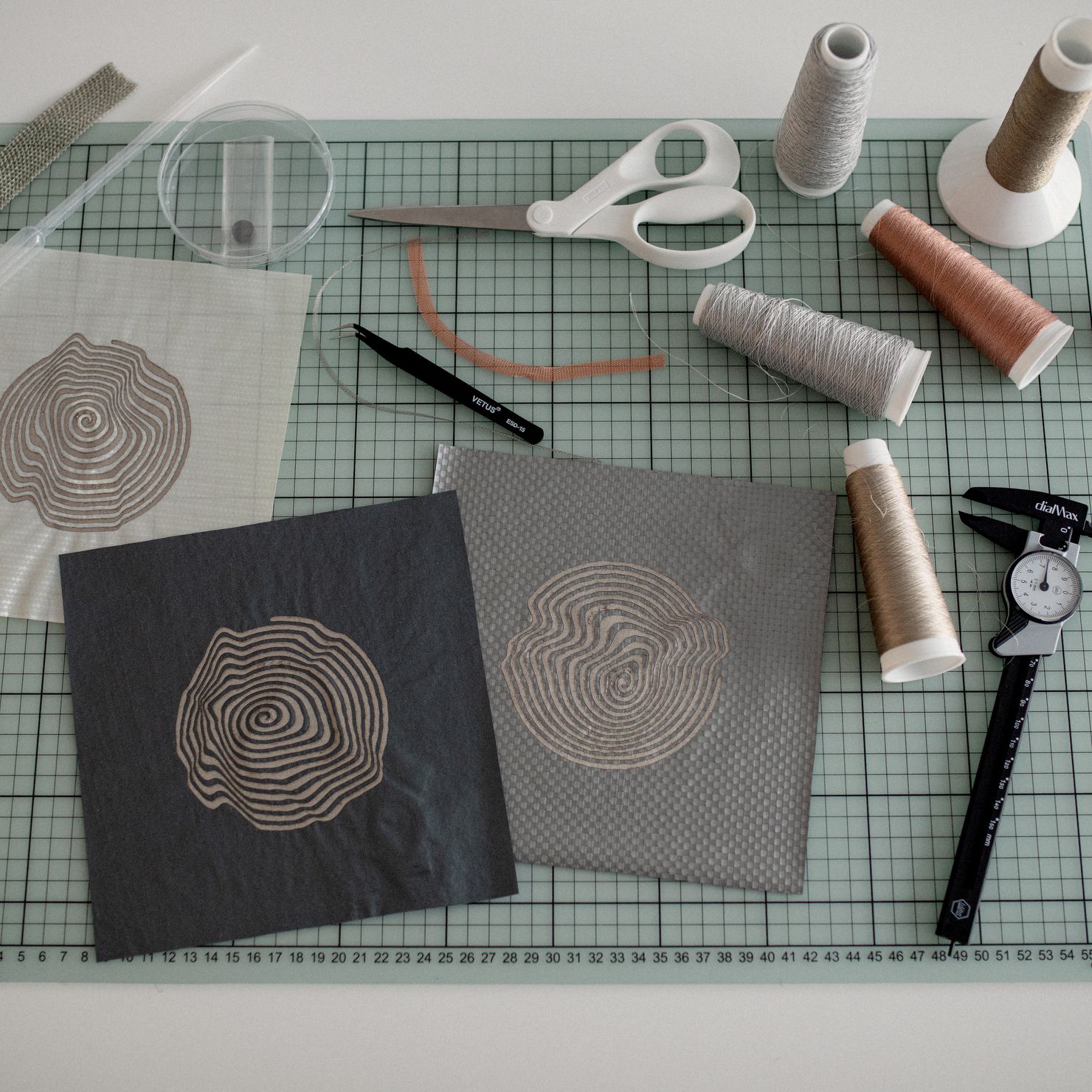
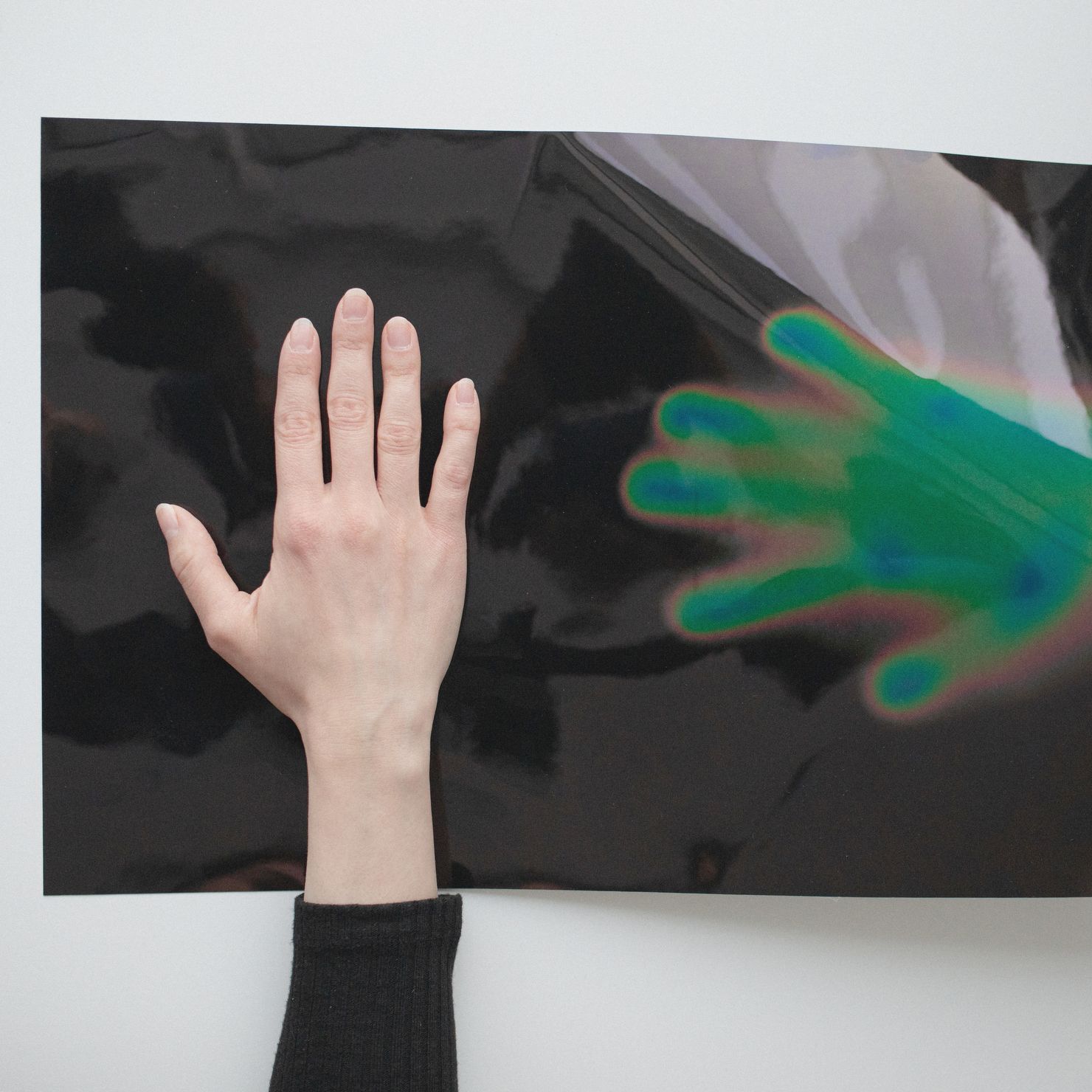
Photos: Balázs Mohai
EJTECH | Web | Facebook | Instagram
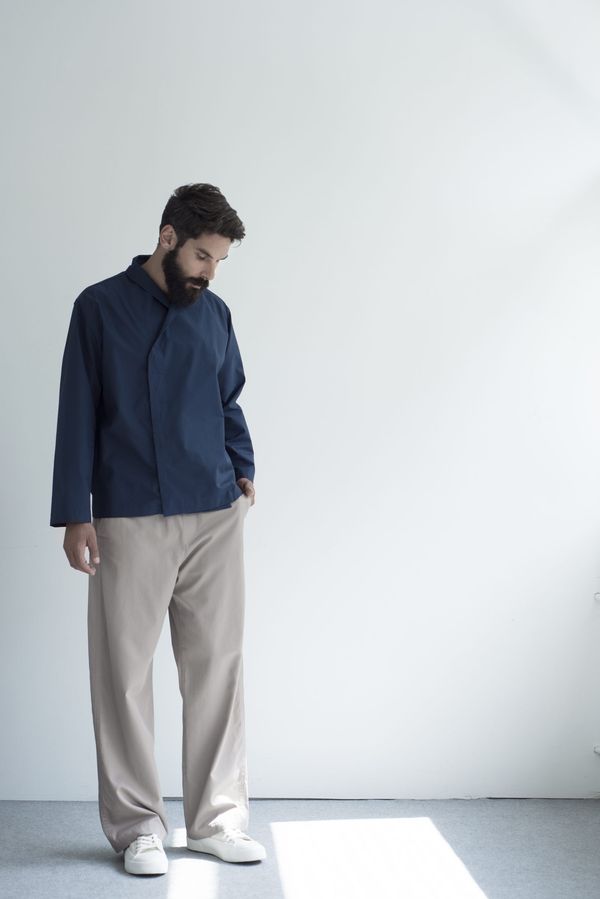
"Finding our way back to the classics"—Here is the new Hungarian menswear brand, Soff
